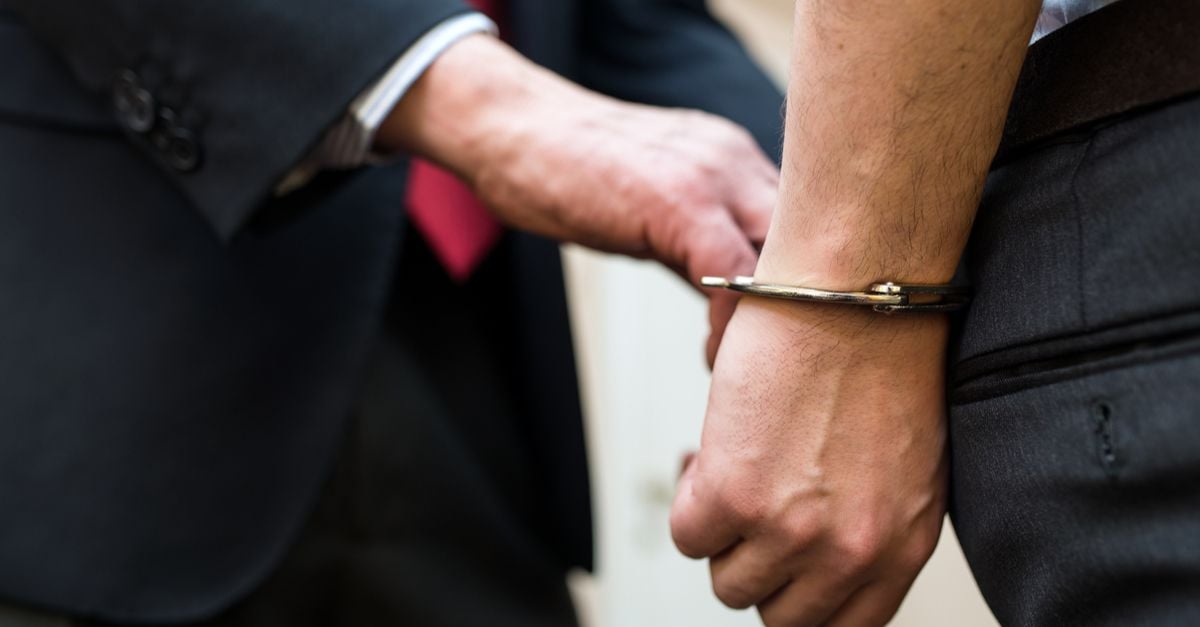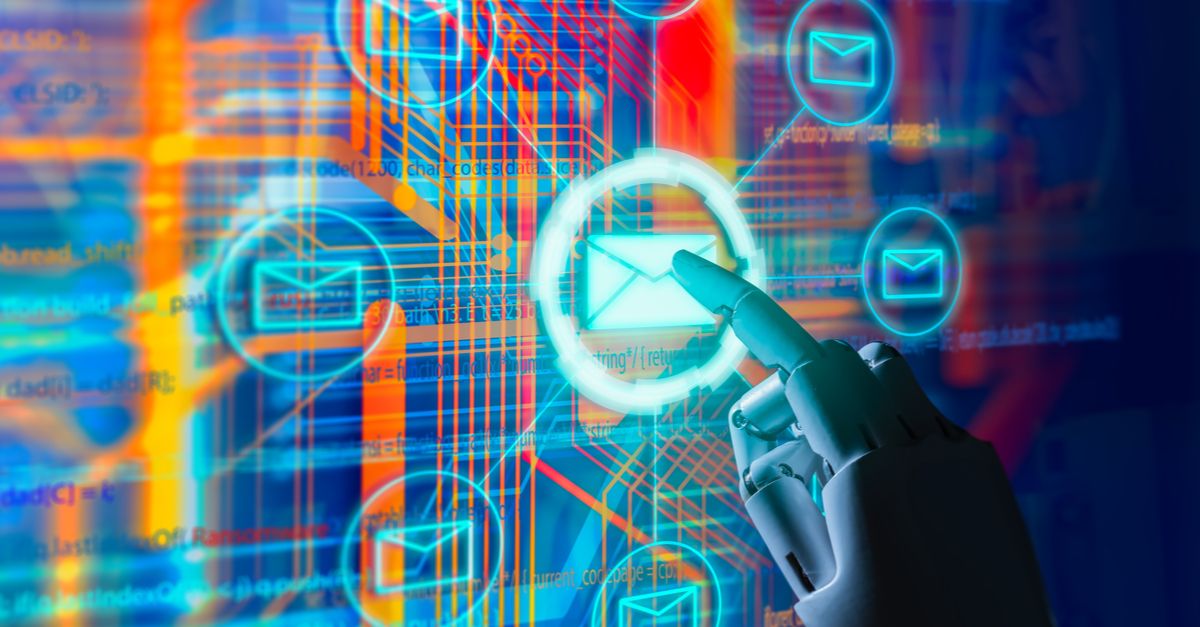Security News

The Federal Bureau of Investigation recently took down a Russian-based online platform where various cybercrime products and services were being sold, the Department of Justice announced on Tuesday. In addition to shutting down the platform, the FBI arrested its suspected administrator, alleged Russian hacker Kirill Victorovich Firsov.

Attorney General William Barr vowed in an interview with The Associated Press on Tuesday that there would be swift and severe action if a foreign government is behind disinformation campaigns aimed at spreading fear in the U.S. amid the coronavirus pandemic or a denial of service attack on the networks of the Department of Health and Human Services. Barr told the AP the federal government would take action against anyone who was trying to take advantage of the crisis or against foreign governments that could be trying to spread misinformation and stoke fear or slow down the U.S. response to the virus.

The FBI on Saturday arrested the alleged owner of Deer.io: a Russia-based marketplace for buying and selling credentials for hacked accounts siphoned off of malware-infected computers, victims' personally identifiable information, as well as financial and corporate data. Out of all the shops on Deer.io, the FBI still hasn't found a single legitimate business advertising its services and/or products, and it's been looking.

FBI officials last week arrested a Russian computer security researcher on suspicion of operating deer.io, a vast marketplace for buying and selling stolen account credentials for thousands of popular online services and stores. Prosecutors with the U.S. District Court for the Southern District of California allege Firsov was the administrator of deer.io, an online platform that hosted more than 24,000 shops for selling stolen and/or hacked usernames and passwords for a variety of top online destinations.

The menace of Business Email Compromise is often overshadowed by ransomware but it's something small and medium-sized businesses shouldn't lose sight of. Bang on cue, the FBI Internet Crime Complaint Center has alerted US businesses to ongoing attacks targeting organisations using Microsoft Office 365 and Google G Suite.

The extraordinary trial of a former CIA sysadmin accusing of leaking top-secret hacking tools to WikiLeaks has ended in a mistrial. Some of those motions will ask for information from the prosecution that was kept from her during the trial, most controversially the case of "Michael," a co-worker of Schulte who was put on administrative leave by the CIA when evidence emerged linking him to the theft of the Vault 7 hacking tools.

To thwart increasingly dangerous cyber criminals, law enforcement agents are working to "Burn down their infrastructure" and take out the tools that allow them to carry out their devastating attacks, FBI Director Christopher Wray said Wednesday. Unsophisticated cyber criminals now have the power to paralyze entire hospitals, businesses and police departments, Wray said during a conference on cybersecurity at Boston College.

Russia wants to watch Americans "Tear ourselves apart" as the United States heads toward elections, an FBI official warned Monday. Porter spoke at an election security conference on Capitol Hill just days after conflicting accounts emerged of a closed-door briefing intelligence officials had given to House lawmakers on threats from Russia and other nations in the 2020 election.

The FBI has arrested a suspect who's charged in connection with waging distributed denial-of-service attacks against the campaign website of an unsuccessful 2018 Democratic candidate for the U.S. House in California. The FBI's criminal complaint in the case claims that Arthur Jan Dam, who lives in California, conducted four DDoS attacks between April 20, 2018, and May 29, 2018, against the campaign website of an unnamed Democratic primary candidate for the U.S. House of Representatives in California who ultimately lost.

Cybercrime led to $3.5 billion in losses in the U.S. last year, with a sharp uptick in business email compromise scams - which accounted for nearly half those losses, according to a newly released FBI Internet Crime Report, which is based on complaints the FBI received. The FBI received nearly 24,000 complaints about BEC scams last year, with a total loss of $1.7 billion and an average loss of about $72,000, according to the report.